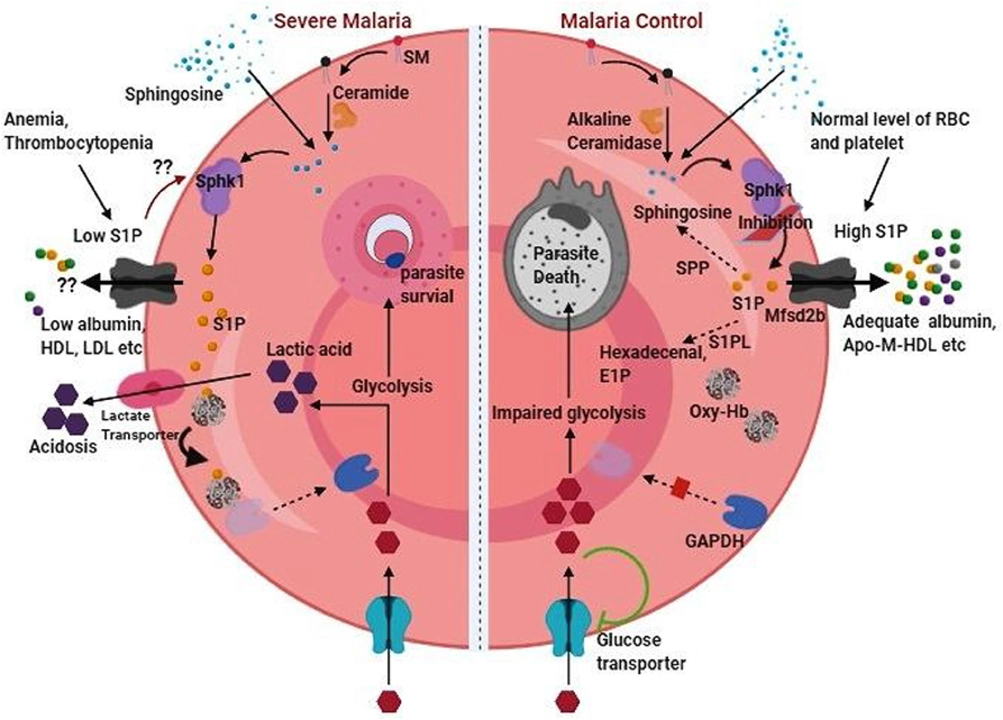Combating Malaria: Simple Steps You Can Take Today
Malaria still hurts millions of people every year, but you don’t have to feel helpless. By understanding how the parasite spreads and what works to stop it, you can protect yourself and your loved ones without needing a medical degree.
Stop Mosquitoes Before They Bite
The biggest enemy is the Anopheles mosquito. Keep them out of your home by installing screens on windows and doors. If you live in an area with standing water, empty any containers—buckets, old tires, flower pots—every few days. Even a small puddle can become a breeding ground.
When you’re outdoors at dusk or dawn, wear long sleeves and pants. Light-colored clothing is less attractive to mosquitoes than dark shades. You don’t have to buy expensive gear; a simple pair of loose cotton trousers works fine.
Use insect repellent on exposed skin. Look for products with DEET, picaridin, or oil of lemon eucalyptus. Apply it before you step outside and reapply every few hours if you’re sweating or swimming.
Know Your Medicines
If you travel to a malaria‑risk zone, talk to a doctor about prophylactic drugs. Common options include atovaquone‑proguanil (Malarone), doxycycline, and mefloquine. Take the medicine exactly as prescribed—usually one dose a day starting before you arrive and continuing for a week after you leave.
In case you do get sick, early treatment is key. Symptoms like fever, chills, headache, or muscle aches should prompt a quick visit to a clinic. Doctors will confirm malaria with a rapid test and prescribe an artemisinin‑based combination therapy (ACT). Finish the full course; stopping early can let the parasite survive and cause a relapse.
Don’t self‑medicate with leftover pills. Different malaria species need specific drugs, and using the wrong one can be dangerous.
Community Actions Make a Difference
Individual steps add up. Encourage neighbors to clear standing water and share repellent tips. Many governments run indoor residual spraying (IRS) campaigns—let them in and make sure walls are treated properly.
Support local distribution of insecticide‑treated nets (ITNs). If you have a net, wash it gently every few months and re‑treat if the label says to do so. Hang it correctly so there are no gaps where mosquitoes can slip through.
Education works wonders. Talk to kids about why they should wear long sleeves and use nets at night. The more people understand the risk, the fewer bites happen.
What to Do If You Suspect Malaria
Don’t wait for a fever to go away on its own. Get tested right away—most clinics can do it in minutes. Bring any travel details and a list of medicines you’ve taken; this helps the doctor choose the right treatment.
If you’re far from a medical center, keep an emergency kit with ACT tablets, a thermometer, and basic fluids for rehydration. Knowing where the nearest health post is can save precious hours.
Remember, malaria is preventable when we combine good mosquito control, proper medication, and community cooperation. Start with one change—like fixing that water barrel—and watch how quickly your risk drops.
As a blogger, I cannot stress enough the crucial role Non-Governmental Organizations (NGOs) play in combating malaria. These organizations work tirelessly to raise awareness, provide resources, and implement preventive measures in areas most affected by this deadly disease. Furthermore, NGOs collaborate with local communities and governments to ensure a comprehensive approach to tackling malaria. Additionally, they are instrumental in conducting research and advocating for better policies to support malaria eradication efforts. In summary, NGOs are invaluable in the fight against malaria, making a significant impact on saving lives and improving global health.

